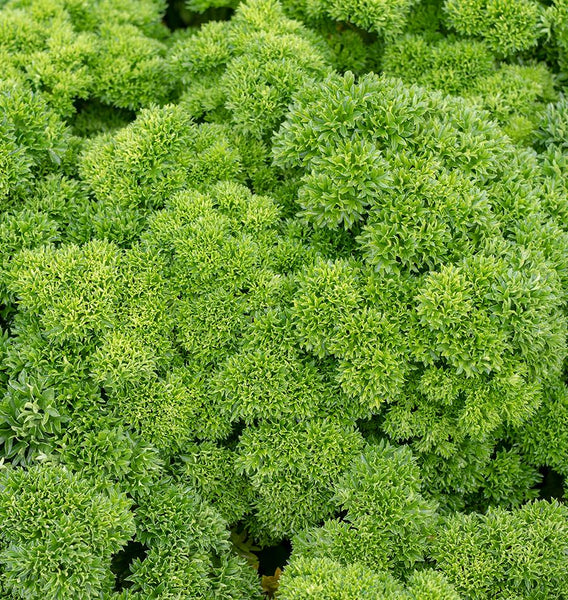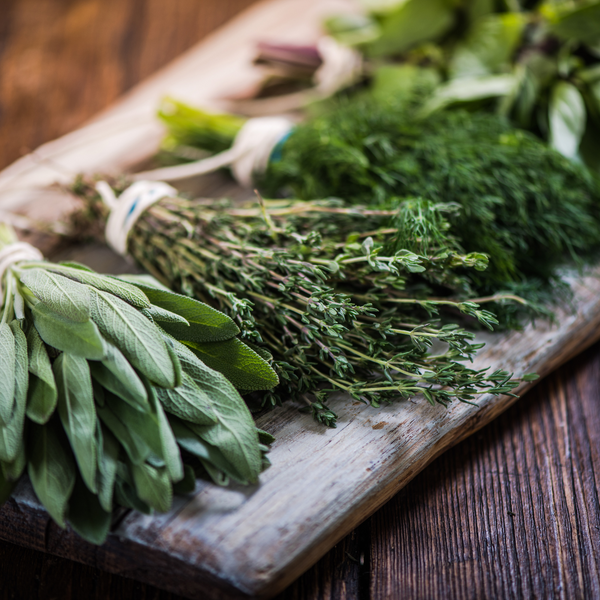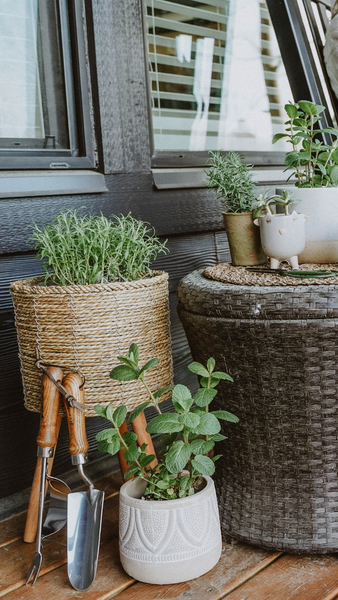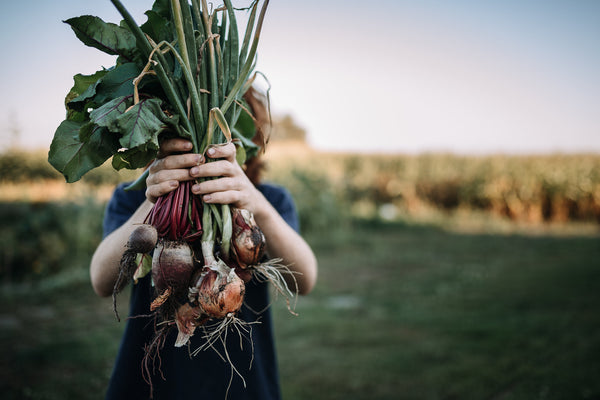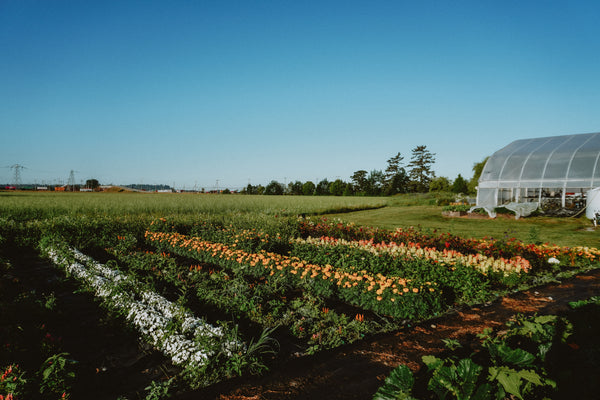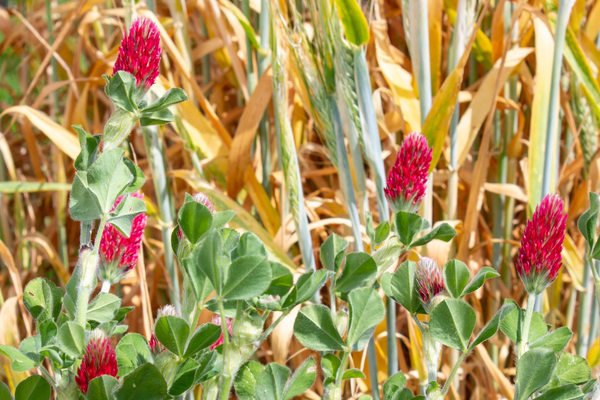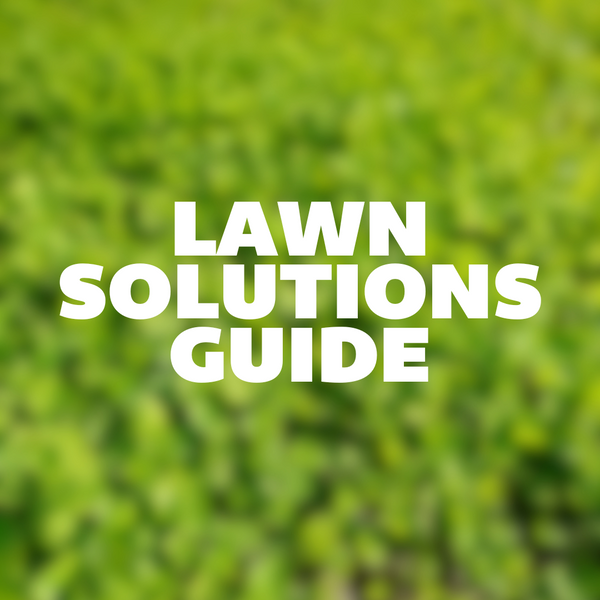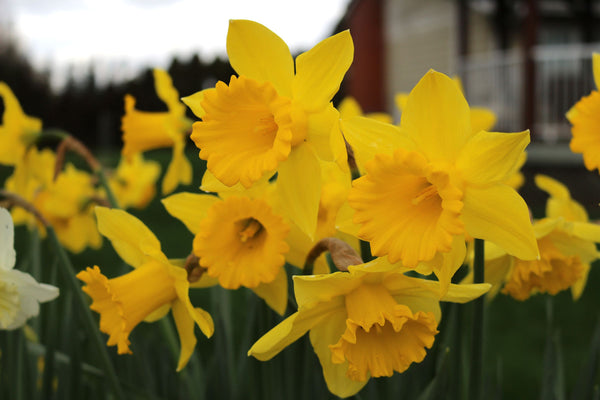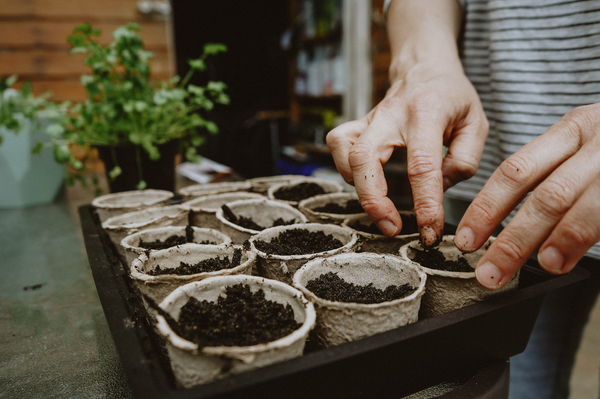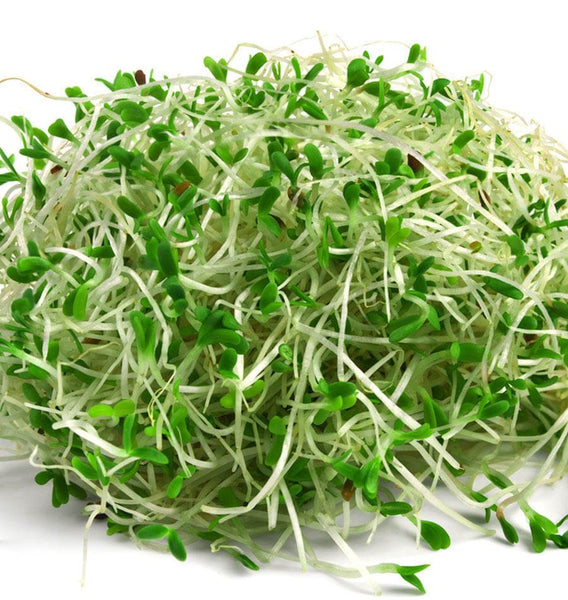Enjoy Free Expedited Shipping on $99+ Orders. Learn More.
NEW Varieties just dropped. Shop 2026 Additions Now! 🌾
Spring Flower Bulbs are here! Pre-order now while supplies last.
Seed Potatoes are now open for pre-order! Pre-Order Now.
Introduce a friend to organic growing. Send them $10 off their first order and get $10 off your next order.
Support Food Banks Canada with every dollar spent — 15% sales donated from Black Friday to Cyber Monday.
Time remaining:
Time remaining:
